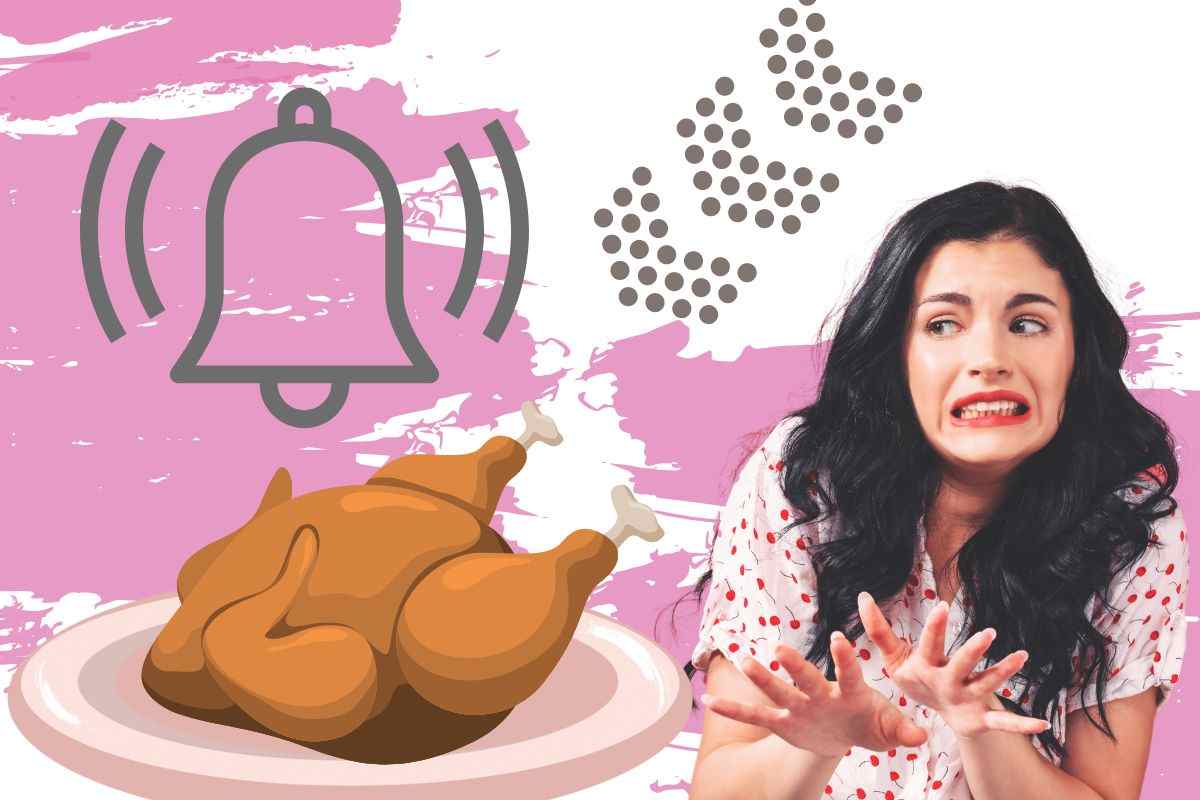It’s sepsis alarm for chicken, here’s how to cook it safely while avoiding health problems. All advice.
A story that makes you think about the essential hygiene and safety standards when you decide to cook something. This applies to chicken, but certainly also to many other foodstuffs. You have to be very careful when handling food: here’s why.
Sepsis, as Global Sepsis Allians explains, is the body’s response to an infection. It damages tissues and organs, that is, our body responds to the infection in progress – which can depend on various factors – by attacking us. The answer, however, can be serious and even lead to death.
This is why we need to pay close attention and above all treat it as soon as it arises, as all infectious diseases, including Covid for example, can lead to a fatal outcome. But let’s see how sepsis is related to food and the way it is cooked.
Cooking chicken, sepsis alarm: how to avoid contracting the infection and being able to risk dying
There are many cases to be taken as an example to make people understand how infections may be linked to cooking food. For example, listeria has made several victims. As many as 71 people have been hospitalized this year due to the use of uncooked frankfurters.
In fact, at risk are above all small children, under the age of one, and elderly people over 60 years of age, and this is because their immune system is weaker and therefore the response to the infection is less effective. But it is exemplary the case of Tereza, who risked her life for cooking chicken incorrectly: let’s see her story and what happened to her.
Tereza, a sporty and dynamic young woman, found herself having to struggle between life and death in the hospital. Her sepsis was leading to her death: but what happened to her? The girl, passionate about yoga and boxing, in perfect shape and attentive to health, moved from the Czech Republic to Indonesia. She plans to return to her country to visit her parents. Five days before leaving she notices a cut on the nail, buys a chicken at the market in Bali and prepares it for a soupto. Here is his story:
“’I have it washed in the sink. This, as I later found out, was a big mistake. Then I cut it and boiled it for 3 hours. So I didn’t eat the raw chicken, but the infection attacked my body through the nail.”
He basically contracted Campylibacter, the bacterium that invades the intestine quickly, and Tereza begins to feel tired, to have strange fevers and decides to go to the hospital. However, the doctors discharged her by prescribing simple paracetamol to cure her. The infection gets worse and you risk dying. Rushed to hospital by an ambulance, she ends up in intensive care because sepsis was attacking vital organs including her heart and lungs.
After a long agony Tereza made it, but still today she continues to have physical and psychological problems: the woman is afraid to eat. In short, it must pay attention. Here’s how: wash the vegetables thoroughly, raw meats must be prepared separately and cut with knives and cutting boards different from those used for other foods. After handling raw food, wash your hands and utensils carefully, as well as the sink and countertop.
